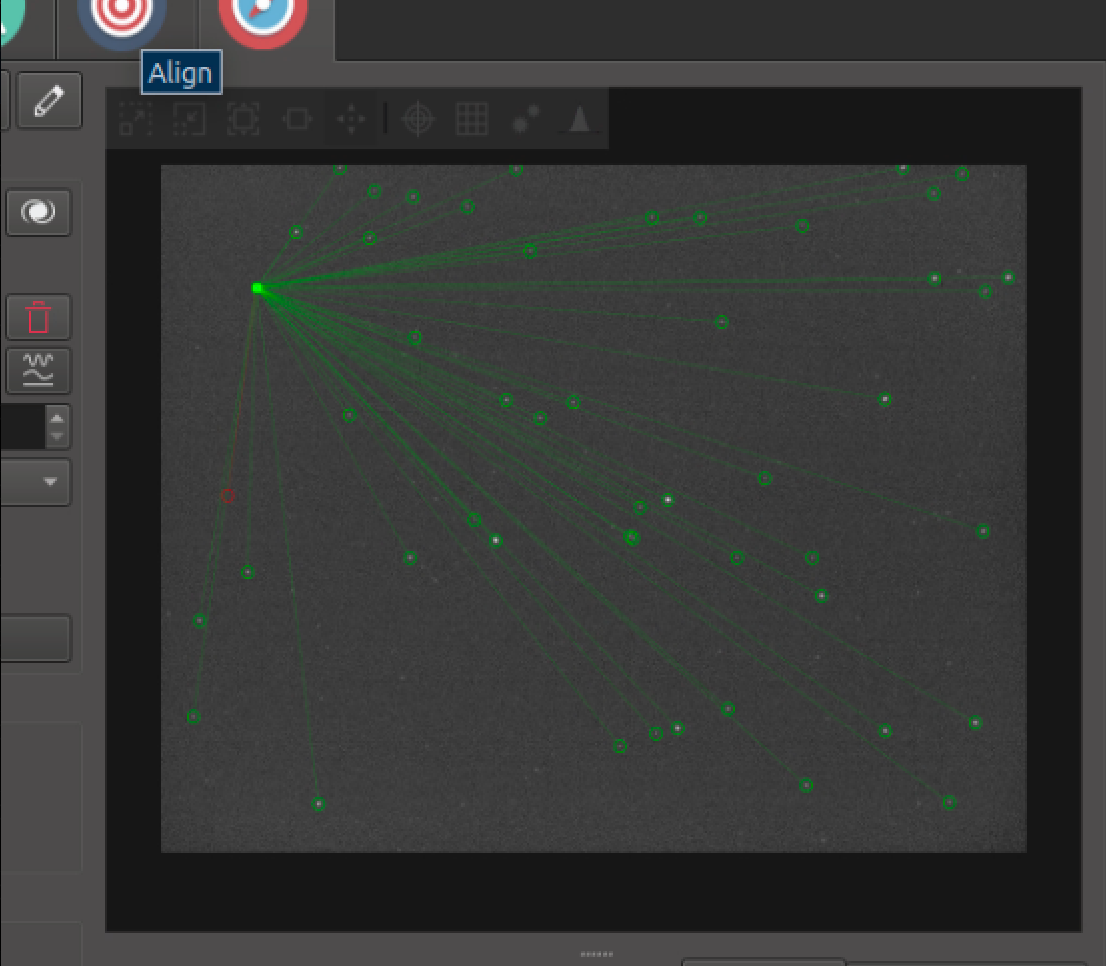KStars v3.6.1 is released on 2022.10.02 for MacOS, Linux, and Windows. It's a bi-monthly bugfix release with a couple of exciting features.
Due to major changes in this release, we are releasing it as Early Preview. We hope to release final stable release in a few weeks given the user feedback.
Optical Trains
Ekos introduces a new method to configure equipment by organizing them into Optical Trains. An optical train is a collection of devices arranged in orders from the telescope/lens up until the last imaging element. It includes everything in between including reducers, barlows, OAGs, rotators, filter wheels and so forth.
You will no longer select individual devices in Ekos modules, you simply select which train you want to use. Settings are now saved per-train basis so you can have different settings for each train. This is all done automatically and no need to save or load settings yourself.
For further explanation, check out this YouTube tutorialDark Guiding
Internal Guider
Hy Murveit increased the number of usable MultiStar references. It was limited to 10 previously but now you can increase it as appropriate given the seeing conditions.
State Machines
Wolfgang Reissenberger continues work on dedicated state machines. This is the next step towards dedicated state machines for EKOS. This step contains:
- Introduction of a dedicated meridian flip state machine encapsulating both the meridian flip state of the mount and the overall state. This state machine is shared between Capture and Mount, which avoids mutual state communication.
- First functionality regarding the meridian flip is shifted from Capture and Mount to the state machine. Nevertheless, the complex operations are still part of the Capture code and will be addressed in one of the next refactoring steps.
More Fixes & Improvements
Hy Murveit fix align solver disconnect crash, disable ssolver logging
Hy Murveit Analyze target distance should be plotted as a property of the last capture.
Wolfgang Reissenberger Problem with guide calibration after meridian flip
Sophie Taylor Proper support for loading compressed image statistics
Robert Lancaster Attempting to patch Find Dialog Crash Bug on MacOS
Marius P guidealgorithms use C++ initialization instead of memset
Hy Murveit Reduce the resolution in drawing artificial horizon to 1 degree
Hy Murveit Bugfix--scheduler was ignoring artificial horizon ceiling constraints
alfred herrhausen Summary Screen layout improvements, Total RMS added
Wolfgang Reissenberger No separate JPLParser creation for check of epoch_mjd, since this causes crashes
Jasem Mutlaq Add support for DSLR lenses. User can select either scope or lens in equipment
Hy Murveit Fix bug where deprecated XML caused extra sequence jobs
Hy Murveit PAA: use the index and healpix of the 3rd PAA calibration image at the start of the refresh phase.
Wolfgang Reissenberger State machines for meridian flip and Capture
Wolfgang Reissenberger Bugfix for restarting a paused capture sequence after a meridian flip
Hy Murveit Call checkCamera before loading a sequenceQueue in case UI has not yet been updated.
Wolfgang Reissenberger Handling attempts sending an RPC call if no connection established
Hy Murveit Do not draw star circles when printing HFRs
Jasem Mutlaq Warn users if one or more devices fail to connect

